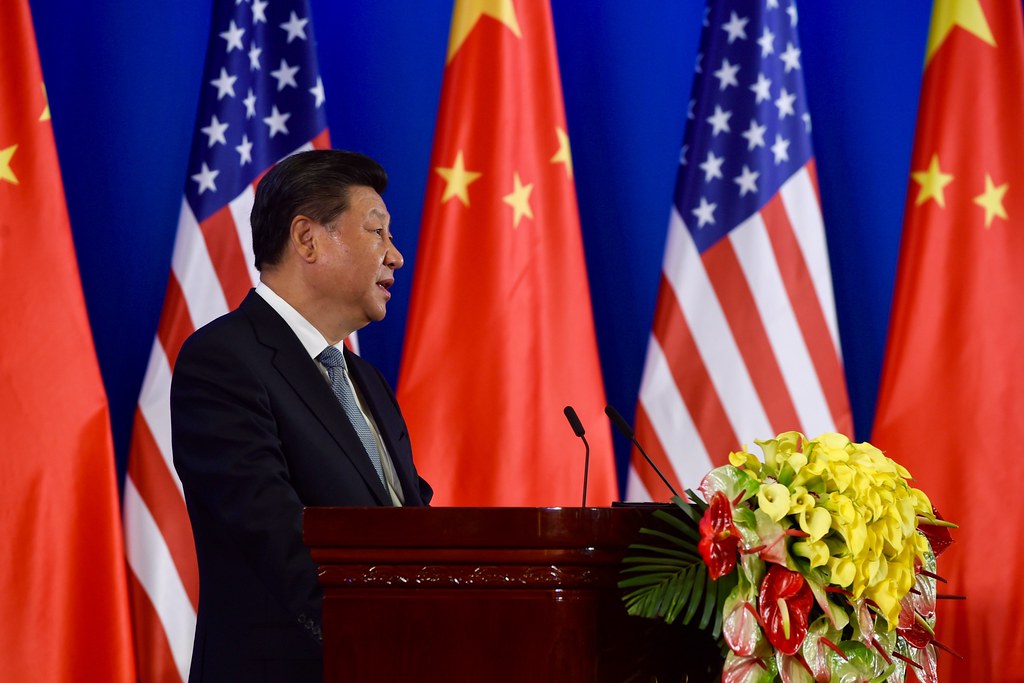As the first country to be affected by COVID-19, China has dominated the headlines in recent months. Yet, this overriding narrative has not inhibited another sinister story from reemerging. An independent tribunal concluded that it is “certain” China has been forcibly harvesting the organs of prisoners for use in transplants. Evidence suggests that victims include members of the Falun Gong movement, who have been the subject of persecution since 1999.
These are not new allegations. Yet, as China is credited for its radical response to the coronavirus, they seem to have been forgotten. Stories of doctors performing the world’s first double lung transplant on a coronavirus patient at Wuxi People’s Hospital were reported with amazement. Yet some people have treated this pioneering surgery dubiously, considering how it took just a few days for a matching, “consenting”, brain dead donor to be found just a seven-hour train journey from the operating theatre.
This news coincides with the damning final judgment of the London Tribunal into Forced Organ Harvesting in China. After hearing evidence from medical experts, human rights experts and prisoners themselves, the report concludes that widespread forced organ harvesting is occurring, with religious prisoners a ‘certain’ and sizable source.
The tribunal heard that investigators, covering as prospective transplant receivers, have been told by hospitals that the source of some organs were Falun Gong prisoners. These detainees also reported extensive internal examinations, concordant with assessment for organ suitability.
The disparity between the number of transplant operations occurring and the number of known sources of organs is also unexplained. Suspicions are compounded by incredibly short wait times to find a donor suggesting an ‘on-demand’ schedule of harvesting.
Yet, where is the international response? Where is the widespread press coverage? Are we all too focused on the coronavirus to hear the gravitas of the independent tribunal’s conclusions? It alleges grievous, ongoing human rights violations against prisoners detained for their religious beliefs. I, for one, am baffled that the Daily Mail seems to be carrying this story, with only a brief passing comment by the BBC.
Falun Gong is a large religious group in China which are seen to threaten the atheism of the Communist Party. After rapid growth in numbers in the 1990s, the Communist Party launched a campaign to “eradicate” this religious sect. There have been multiple allegations of torture and abuse, sometimes resulting in death. Falun Gong comprises a shocking percentage of the Chinese prison population, and in 2008, the US Department of State estimated that half of the two hundred and fifty thousand people in China’s labour camps were Falun Gong practitioners.
In 2005, it was reported by Chinese officials that up to ninety-five per cent of organ transplants are sourced from executed prisoners. Further: just one hundred and thirty people registered as donors between 2003 and 2009. Then, in 2015, China announced that it would no longer source organs from executed prisoners. This was previously its main source of organs.
Former Falun Gong inmates said they had undergone repeated medical tests in Chinese prisons. Jennifer Zeng said “on the third occasion in the camp, they were drawing blood from us. We were all told to line up in the corridor and the tests were given.”
In 2013, the EU issued a resolution which expressed “deep concern” over the matter. Yet eight years have passed since then, and, if the claims are deemed to be true as the independent tribunal has found, then this is still an egregious, horrific issue, which is not being controlled.
In the House of Lords this month, questions to ministers asked whether the UK’s protocol of applying sanctions for human rights violations will apply to people engaged in illegal organ trafficking.
A study published in the British Medical Journal called for more than four hundred scientific papers on organ transplantation to be withdrawn. Clinicians who used research obtained from unethically procured organs were deemed complicit in “barbaric” methods of organ procurement. They found the reluctance to take responsibility and uphold ethical research standards to be troubling.
China dismisses these claims as politically-motivated and untrue, and mere ‘rumours’. Yet, it has not contested specific points of evidence or explained the source of organs used in transplants.
Amy Ramswell
Image: Flickr.

